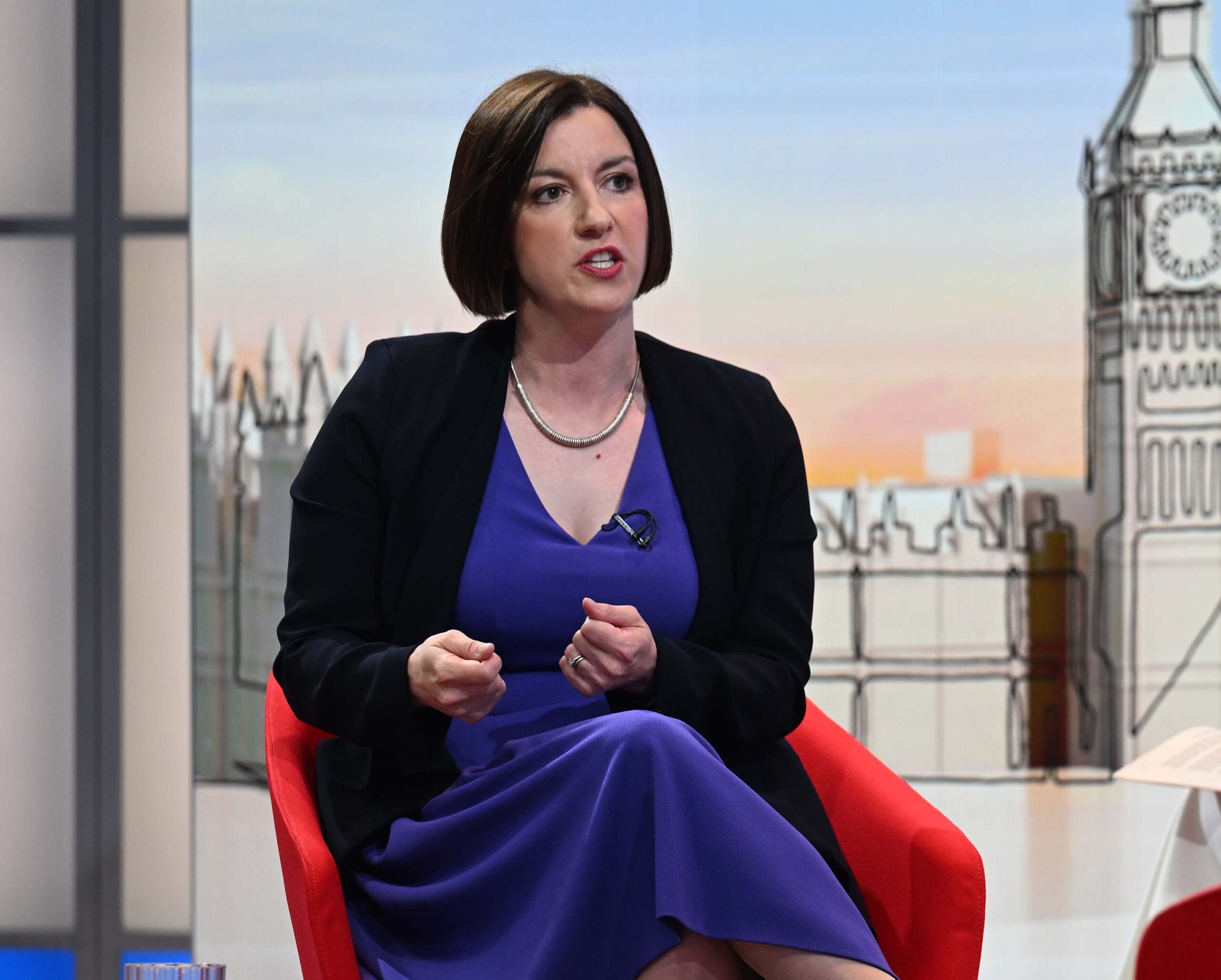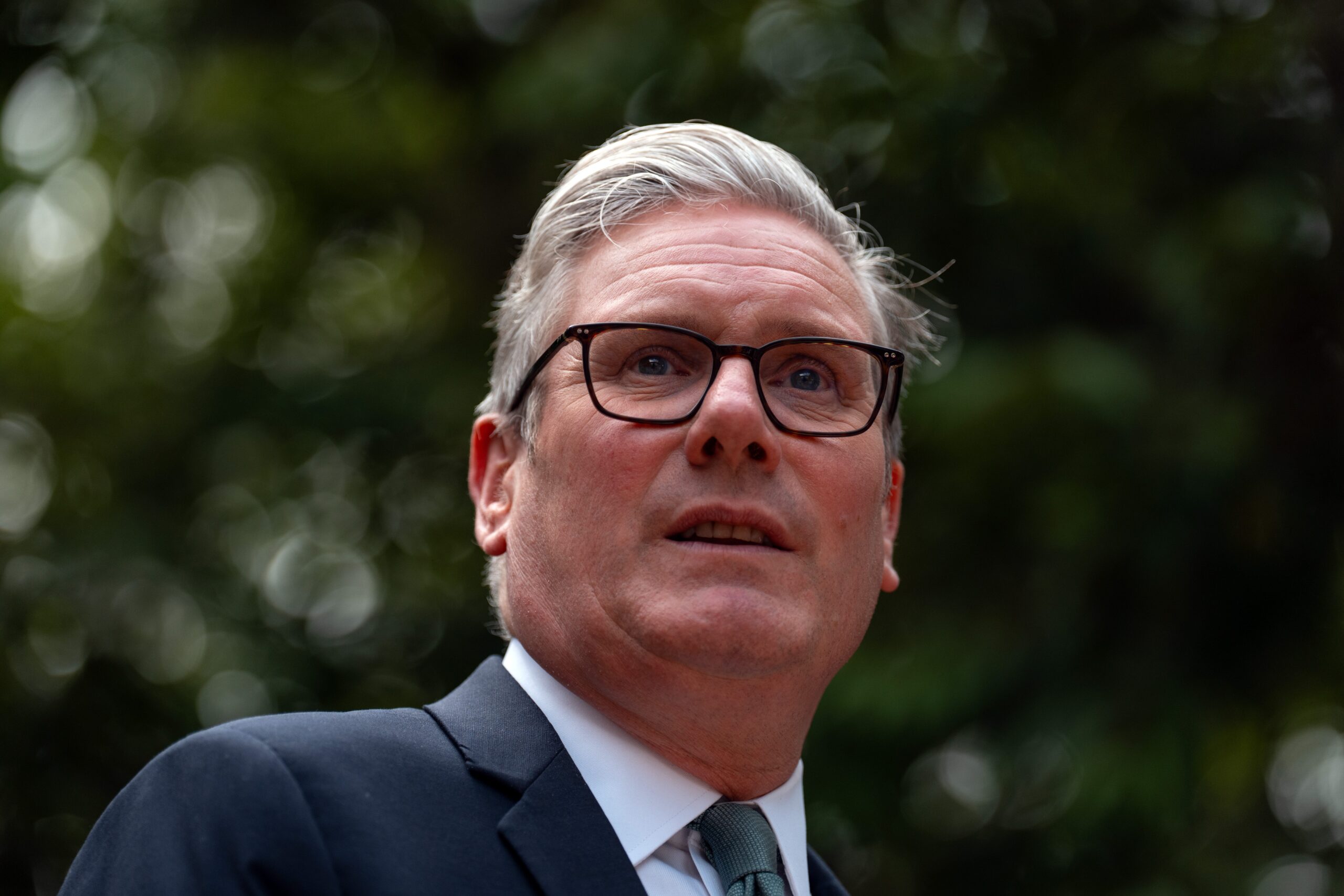Sir Keir Starmer is reportedly facing another rebellion from his backbenchers over reforms to support for children with special needs in England, just days after he was forced into a humiliating climbdown on welfare cuts.
On Sunday, education secretary Bridget Phillipson insisted that ministers are committed to reforming support for children with learning difficulties or disabilities, which currently costs £12bn a year.
But she refused to rule out scrapping key documents that families rely on to guarantee specialist help.
Education, health and care plans (EHCPs) are statutory documents which outline the support needed to help children with special needs and disabilities achieve key life outcomes. Many seeing them as the only way to get schools to provide the support children need.
Asked whether she could rule out getting rid of EHCPs, Ms Phillipson described it as a “complex and sensitive area”.

Speaking to the BBC’s Sunday with Laura Kuenssberg programme, she added: “What I can say very clearly is that we will strengthen and put in place better support for children.”
“I’ve been spending a lot of time listening to parents, to disability rights groups, to campaigners and to others and to colleagues across Parliament as well, because it’s important to get this right,” she added, but said it is “tough”.
But now senior Labour figures have told The Times that the plans risk becoming “welfare mark two”, claiming that dozens of MPs are prepared to rebel over the issue.
One Labour MP urged the government to “think again now or they’ll be repeating the same mistake they made with welfare reform.”
“We’re all in favour of reforming the system but that cannot be driven by saving money and taking support away from children”, they added.
A second Labour MP said: “If they thought taking money away from disabled adults was bad, watch what happens when they try the same with disabled kids.”
It comes after Sir Keir was forced to abandon a key plank of his controversial benefit cuts in order to get them through parliament following a major revolt from his backbenchers.
In a letter shared with The Guardian, campaigners have said that without EHCP documents in mainstream schools, “many thousands of children risk being denied vital provision, or losing access to education altogether”.
They said: “For more than 40 years, children and young people with special educational needs and disabilities have had a statutory right to an education that meets their needs.
“Set alongside catastrophic plans to cut benefits for disabled people, this raises the question of who we are as a country and the kind of society in which we want to live.
“Whatever the Send system’s problems, the answer is not to remove the rights of children and young people. Families cannot afford to lose these precious legal protections.”
Signatories to the letter include the heads of charities, professors, Send parents including actor Sally Phillips, and campaigners including broadcaster Chris Packham.
The government has said it “inherited a Send (special educational needs and disabilities) system left on its knees” and it is “looking at changes” to improve support for children and parents.
Data from the Department for Education released in June indicated that the number of EHCPs has increased.

In total, there were 638,745 EHCPs in place in January 2025, up 10.8 per cent on the same point last year.
The number of new plans that started during 2024 also grew by 15.8 per cent on the previous year, to 97,747.
Requests for children to be assessed for EHCPs rose by 11.8 per cent to 154,489 in 2024.
A Department for Education spokesperson said: “The evidence is clear that this government inherited a Send system left on its knees – which is why we are looking at changes to improve support for children and stop parents having to fight for help. We have been clear that there are no plans to abolish Send tribunals, or to remove funding or support from children, families and schools.
“This government is actively working with parents and experts on the solutions, including more early intervention to prevent needs from escalating and £740 million to encourage councils to create more specialist places in mainstream schools.
“As part of our plan for change, we will restore the confidence of families up and down the country and deliver the improvement they are crying out for so every child can achieve and thrive.”
